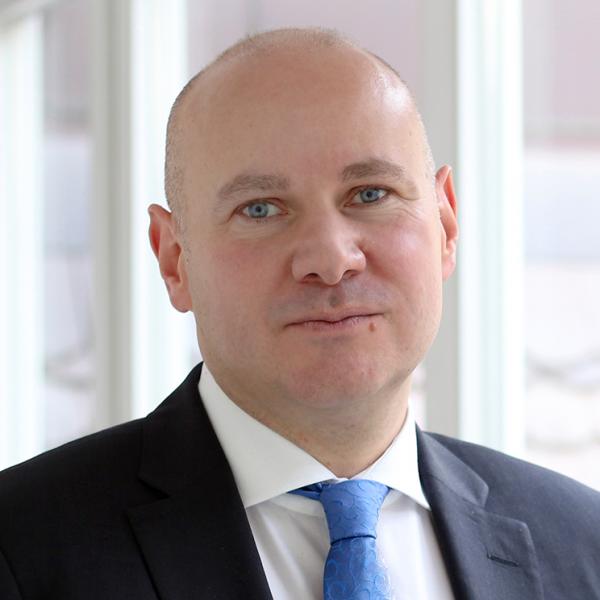Traffic Effects of a Congestion Charge in Munich
Project period: February 2019 – July 2020
Research Areas:
Project partner
Intraplan Consult GmbH
Tasks
The study will be conducted within a framework agreement with the Chamber of Commerce and Industry for Munich and Upper Bavaria to provide objective, scientifically-based economic advisory work. Details
Munich is one of the most congested cities in Europe. Thereby, traffic jams are not only caused by moving traffic (those people who are on their way somewhere), but also by cruising for parking. The project empirically investigates whether and how a price on either form of traffic can reduce traffic and congestion and can thus provide a political impetus to avoid the overuse of the scarce supply of streets in the inner city and the region of Munich.
In a second study we examine qualitatively the effects of a congestion fee for Munich’s Mittlerer Ring on the regional retail trade and the tourism industry.
Methods
The calculations are based on an existing and proven traffic model, which was developed by our project partner Intraplan and has been used for more than 20 years for traffic planning and transport policy advice.
Using this model, the effects of different price scenarios on traffic and congestion in inner city Munich and its region are computed, answering mainly two questions:
- What effect could be achieved with existing instruments, such as an increase in urban parking fees?
- What effect could be achieved with an additional anti-congestion charge - similar to pricing models introduced in other cities, such as Stockholm and London?
Data and other sources
Origin-destination-matrices (based on Mobile Network Data (MND) from Telefónica Next and Intraplan); Data on availability and prices of public parking from the City of Munich
Literature research
Results
The main result of the first study „Traffic effects of a congestion charge in Munich“ is that a simply designed congestion charge could significantly reduce congestion problems in Munich’s inner city. On the other hand, increasing the existing parking fees in the parking license areas to €10 per day would have practically no traffic-directing effect. However, if the higher parking fees were combined with a daily fee of €6 for flowing traffic, car traffic on the Mittlerer Ring could be reduced by more than 23% on average over the entire day, and by 33% at peak times. A fee of €10 per day would have even greater effects. The traffic-directing effect is mainly due to the fact that if a congestion charge were introduced drivers would switch to other means of transport, especial-ly public transport. Nonetheless, the number of trips to the city centre by all means of transport would decrease only slightly. Less car traffic would significantly reduce road congestion, which would also benefit commercial traffic: Here, the travel time on the Mittlerer Ring would be reduced by 7.5% and in peak times even by more than 10%.
In the second study „Effects of a congestion charge on retail trade and tourism in Munich“ we come to the conclusion that there is no reason for concern for retailers, hoteliers, restaurateurs and tour operators: A congestion fee would not significantly affect travel to and within the city centre. As cities with congestion fees such as London and Stockholm show, customers switch to other means of transport for shopping and leisure trips – without negative effects on the turnover of businesses in the city centre. In the long run, retail and tourism would even benefit from an anti-congestion fee as it could significantly reduce traffic jams. Drivers, whether they are customers, tourists or deliveries, save time; stress, noise and exhaust fumes are reduced. Productivity increases and the city centre becomes even more attractive.
Publications (in German)
Effects of a Congestion Charge on Retail Trade and Tourism in Munich
ifo Institute, Munich, 2020
ifo Forschungsberichte / 116
Traffic Effects of a Congestion Charge in Munich
ifo Institute, Munich, 2020
ifo Forschungsberichte / 115
